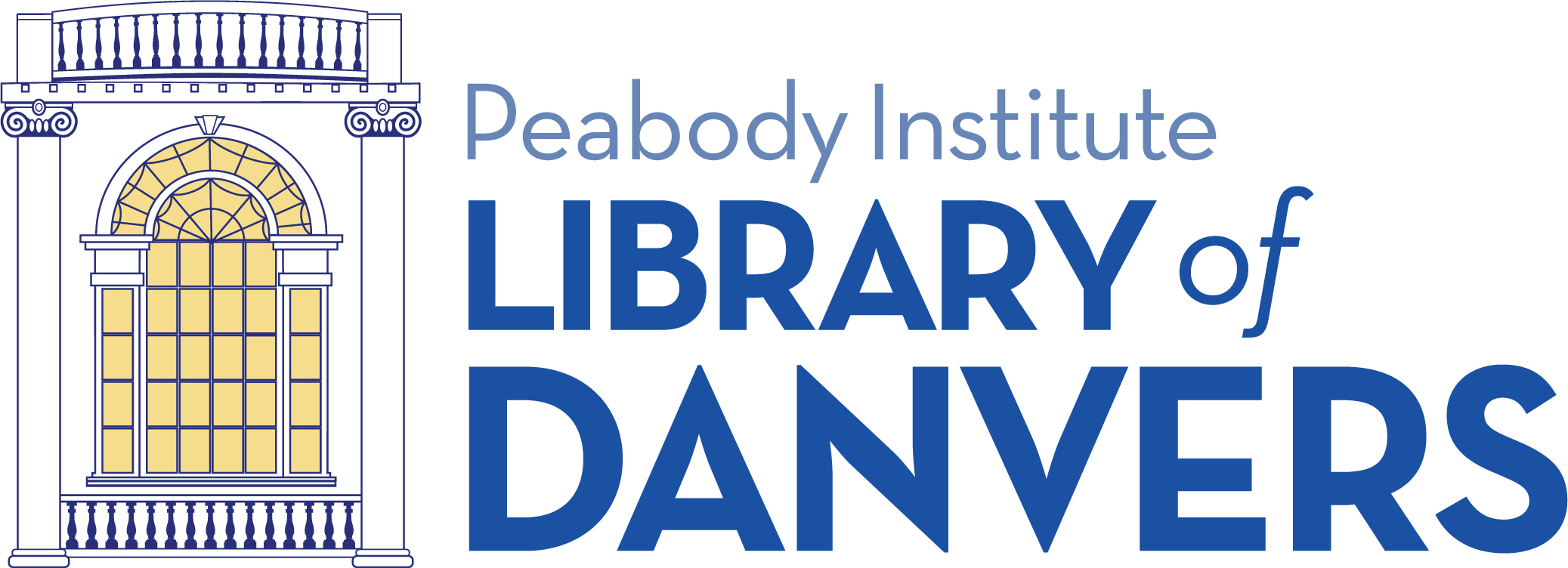 We all have in mind a sense of fairy tale: that story type and what it’s composed of, along with favorite examples. Certain names no doubt spring immediately to mind: Grimm, Anderson, Disney. You’ll encounter those familiar stories, names, and more in Warner’s short history.
We all have in mind a sense of fairy tale: that story type and what it’s composed of, along with favorite examples. Certain names no doubt spring immediately to mind: Grimm, Anderson, Disney. You’ll encounter those familiar stories, names, and more in Warner’s short history.
In the prologue, Warner offers an at-a-glance definition of fairy tale based on four defining components. These components cover various miscellanea, things like archetypes, motifs, and language; oral and literary narratives. I’d suggest a close read of her definition as it informs every chapter that follows, and the thing is, if you’re not particularly interested in a text that bumps shoulders with literary analysis, this may not be the book for you. But what if you crave fairy tales? What if you seek out authors who write revisionist fairy tales or twisted fairy tales? What if you can’t get enough of plays and movies like Out of the Woods, Snow White and the Huntsman, and Maleficent, and shows like ABC’s Once Upon a Time are an unquitable habit? If that’s the case, Warner’s work might point you in new, unexplored directions.
Once Upon a Time: A Short History of Fairy Tale in the NOBLE catalog


